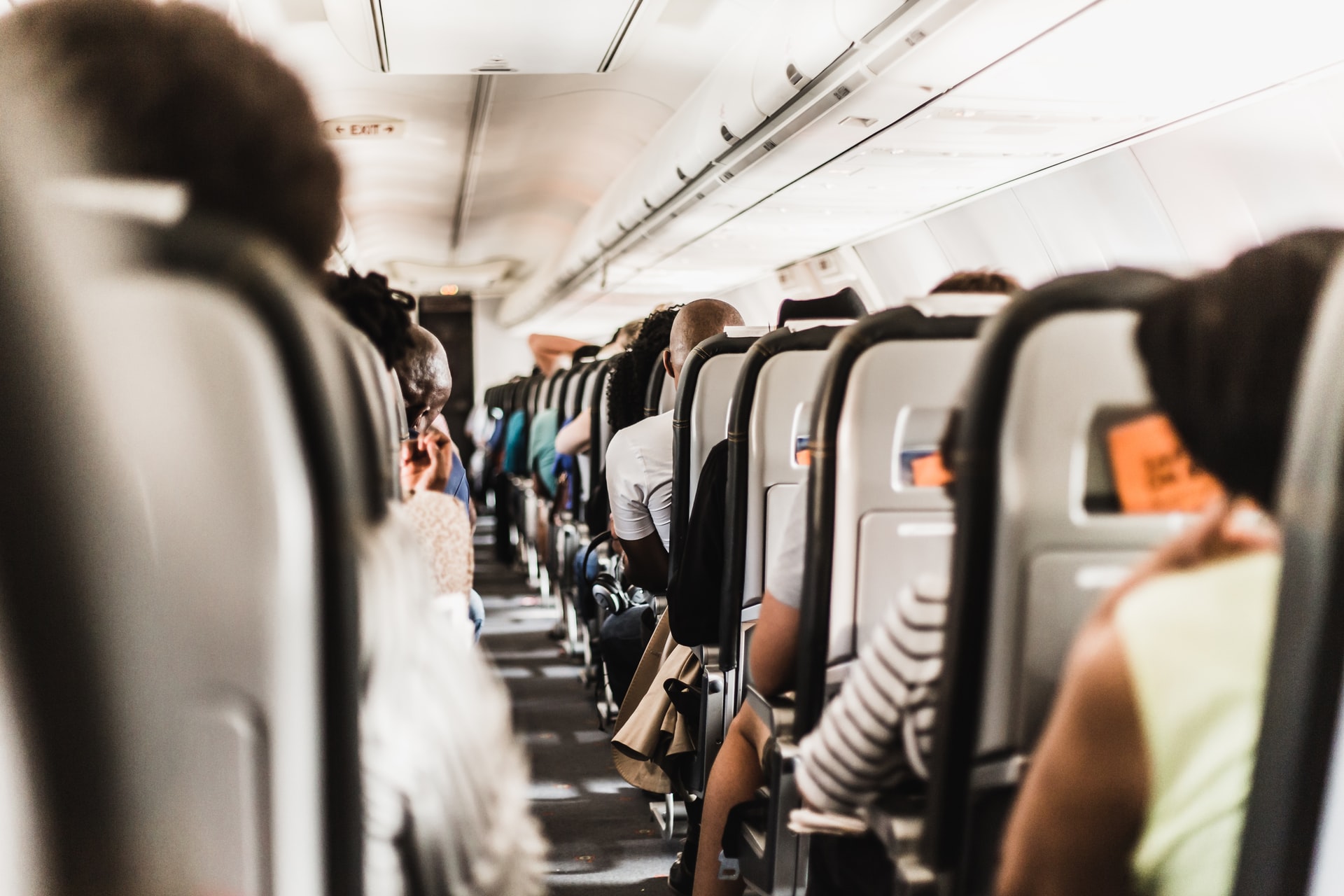Back-to-front airplane boarding may increase Covid-19 exposure risk
Embargoed until:
Publicly released:
2021-04-28 09:01
New modelling shows that passengers tend to cluster more in the aisle when being boarded from back to front, which increases their exposure risk to Covid-19. The research comes after some U.S. airlines changed their boarding policies in an attempt to reduce exposure risk (e.g., fewer economy class passengers passing by people already seated in business class). However, their simulations found that infection exposure roughly doubled when passengers were seated from the back first, compared to people randomly boarding the plane. The researchers say exposure could be significantly lowered if airlines prohibited the use of overhead bins to stow luggage, and board the window seat before the aisle seat.
Journal/conference: Royal Society Open Science
Link to research (DOI): 10.1098/rsos.201019
Organisation/s: University of West Florida, USA; Florida State University, USA; Embry-Riddle Aeronautical University, USA; Arizona State University; USA
Funder: National Science Foundation
Media release
From: The Royal Society
Airlines have introduced a back-to-front boarding process in response to the COVID-19 pandemic. In this work, we use pedestrian dynamics simulations to compare the new boarding processes against alternatives. Our results show that back-to-front boarding roughly doubles the infection exposure compared with random boarding. It also increases exposure by around 50% compared to a typical boarding process prior to the outbreak of COVID-19. Our results suggest that the new boarding procedures increase the risk of exposure to COVID-19 compared with prior ones and are substantially worse than a random boarding process.
Attachments:
Note: Not all attachments are visible to the general public
-
The Royal Society
Web page


